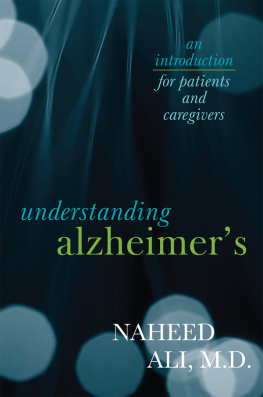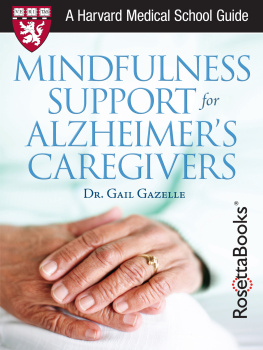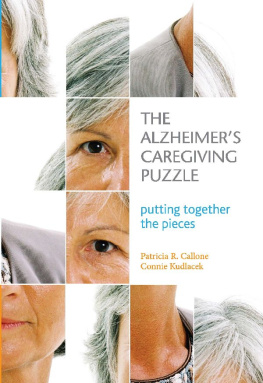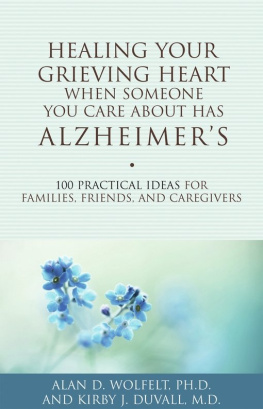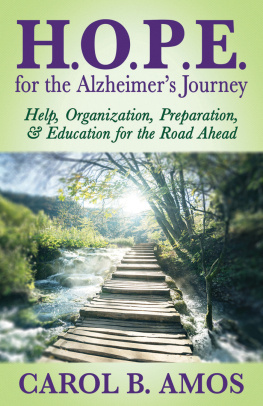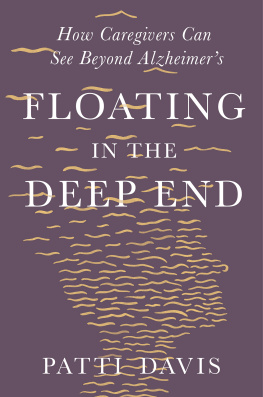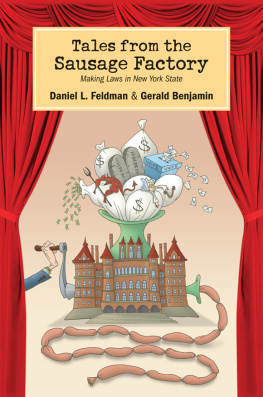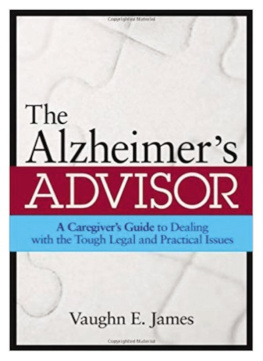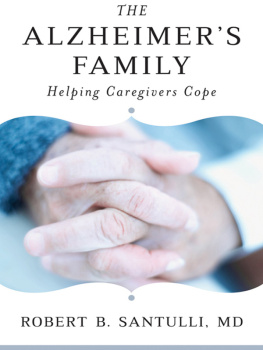Cover art courtesy of Matthew Cincotta.
Published by State University of New York Press, Albany
2015 State University of New York
All rights reserved
Printed in the United States of America
No part of this book may be used or reproduced in any manner whatsoever without written permission. No part of this book may be stored in a retrieval system or transmitted in any form or by any means including electronic, electrostatic, magnetic tape, mechanical, photocopying, recording, or otherwise without the prior permission in writing of the publisher.
Excelsior Editions is an imprint of State University of New York Press
For information, contact State University of New York Press, Albany, NY
www.sunypress.edu
Production, Eileen Nizer
Marketing, Kate Seburyamo
Library of Congress Cataloging-in-Publication Data
Dafoe, Nancy Avery.
An iceberg in paradise : a passage through Alzheimers / Nancy Avery Dafoe.
pages cm
Includes bibliographical references and index.
ISBN 978-1-4384-5544-0 (pbk. : alk. paper)
ISBN 978-1-4384-5545-7 (ebook)
1. Avery, PhyllisMental health. 2. Alzheimers diseasePatientsUnited StatesBiography. I. Title.
| RC523.2.D34 2015 |
| 616.8310092dc23 |
| [B] | 2014014917 |
10 9 8 7 6 5 4 3 2 1
This book is dedicated to
Phyllis Marie Unold Avery
and
Emerson Roy Avery Sr.Foreword
Our brain offers us the capacity to self-reflect through the clarity of consciousness. When this is lost, we are lost, and such is the devastation of Alzheimers disease. With most any other disease, even those that are progressive and inevitably fatal, as with some cancers or motor disorders, we can execute some measure of control through strength of mind. We choose a strategy of action to fight the disease, adopt an attitude, look back on the joys and sorrows of our lives, and plan how to live our last days. But with Alzheimers, as the disease progresses our awareness fades, and the very patchwork of personality fractures, leading to behaviors and moods that are unexpected and uncharacteristic. We lose our capacity to cope and even lose the ability to express the fears and frustrations that beset us as our grasp of reality becomes ever more precarious. In short, we become helplessand finally dont even realize it.
And so, with Alzheimers disease, more so than with any other disease, it is up to others to provide the person with comforts, supports, and the overall logistics of living. The front line of these supports is usually given by the family. As poignantly expressed by Dafoe, the journey of care by family can be permeated with the landmines of guilt, misunderstandings, embarrassments, and frustrations. But it need not be such a perilous journey. We may grieve, but we shouldnt have to despair.
There is no cure for Alzheimers disease as of this writing. Indeed, the past two decades have seen a string of profound disappointments in the medical field in this area. Pharmacological supports such as Namenda and Aricept have only mildly delayed the inevitable progressive symptoms of Alzheimers, and hopeful new medications have proven to be false leads time and time again. Against this backdrop of failure, many doctors feel a sense of helplessness when treating a patient. There is nothing we can do seems the implied, if not overt, attitude. And yet there is everything we can do! The treatment of every disease, every condition, has two parts: the clinical side involves medical interventions and strategies designed to relieve the symptoms. But the other side, our attitude (and societys attitude) toward the disease is just as vital. We are, to some extent, as incapacitated and sick as others allow and perceive us to be, and it is here that we can do so much to help those with Alzheimers.
If your spine is broken and you require a wheelchair, your condition is far better now than it was in 1920. You are, in a sense, far less disabled today. Why is that? Certainly not because we can now medically fix a broken spine or that people today with broken spines have superior physical movement. It is because our culture has progressively accepted and supported people who cannot walk, and this acceptance has, in turn, enhanced the quality of life for anyone requiring a wheelchair. There is little if any anger when someone in a wheelchair is first to board a plane or is entitled to a parking space close to a business. But what happens when a person with Alzheimers disease pushes to the front of a line when boarding a plane while yelling, Get out of my way!?
Society is more forgiving and understanding of physical disability than of cognitive disability. There are many reasons for this discrepancy in attitude. Among them is the primarily subconscious dynamic of rejecting in others what we most fear ourselves. Most, if not all of us, are more terrified of losing our minds than of losing our legs. It is not easy to work on accepting a disease in others that we are too frightened to consider having ourselves. Another reason why society is more accepting of physical disabilities than cognitive disabilities is because physical disabilities are far more clearly noticeable. How many of us even think of the possibility that the elderly person pushing to the front of the line might have Alzheimers disease? Indeed, the invisibility of the decline of mental capacity fools even those closest to the person suffering from it, as Dafoe clearly illustrates with herself and her own family.
Unfortunately, even when Alzheimers is recognized by family members, this insidious disease allows them to hide the condition from friends and acquaintances, often at great cost. Bad behavior is perceived as bad behavior, and the person exhibiting it must take ownership of those gestures and that language. The slow and hidden progress of Alzheimers lends itself to a rejection of having it, and with that rejection, how can we move on to assure that others treat the sufferer with kindness?
Dafoe chronicles these misunderstandings and other perils of providing support for her mother while offering the reader the many ways we can better treat Alzheimers disease. Most importantly, we are consistently reminded of her mothers humanity. Perhaps this is the most important lesson of all. We need to learn that a person with Alzheimers is the sum total of everything he or she has been, not the product of current status. We are thus treated to the sum total of Phyllis Marie Avery. She was a loving mother, a devoted wife, a dedicated teacher, a lover of books, a skilled journalist, an introspective thinker, a cook, a bridge player, and so much more.
We must accept when someone has Alzheimers disease because we really have no choice, but, in so doing, we need to view it as a passage rather than an end product, and we should be open to its existence if we expect and ultimately demand that others support those who have it. There is not yet a cure for Alzheimers disease, but there are many ways that we can make its passage one of dignity and respect. Its tragic consequences need not be compounded by our fear and ignorance but instead can be softened by our compassion and understanding.




